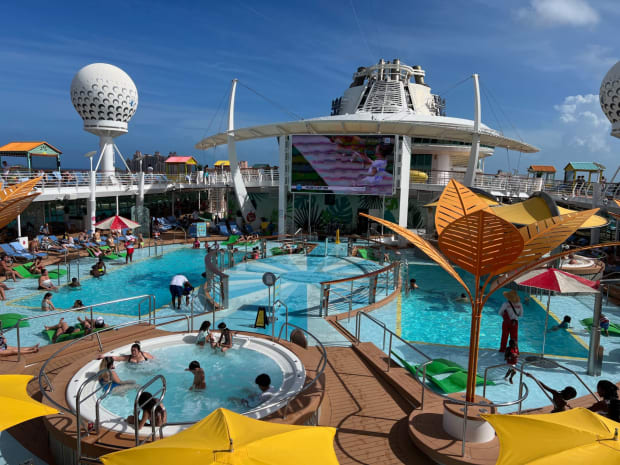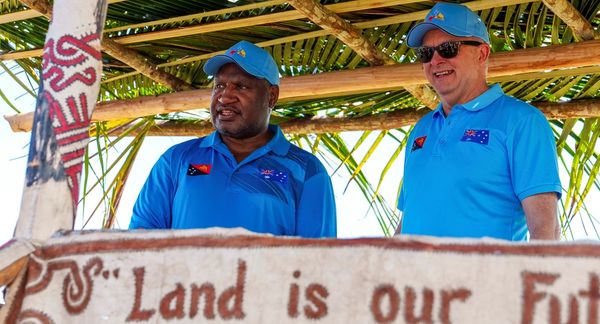Some people take a vacation and they like to leave the real world behind them. That's easy to do on a cruise ship when you're literally in an enclosed environment where you leave all vestiges of home behind.
It's possible to get on a cruise ship and put your phone away to simply tune reality out for a few days. Some people, however, can't do that. You may have kids at home, elderly relatives who need checking in on, work emails that need to be answered, or maybe you just want to watch YouTube videos during a quiet moment on your cruise.
Many people who board a cruise ship opt to pay for an internet package for a variety of reasons. Some people are full-out working while onboard, while others want to share vacation images on social media or use their phone or laptop the same way they do on land.
It's possible to simply wait for port cities to log on. Most phone plans either include international calling or you can add it before your trip for a nominal fee.
But, if you want to be connected while at sea, you're going to need an internet package. Getting that means spending $15 to $20 or so per day (it can vary based on a number of factors) for an internet that's closer to '90s dial-up service than the high-speed connection you have at home.
That has simply been a painful fact of sailing -- you pay a decent amount of money for internet service, then struggle with slow connectivity. Now, Royal Caribbean (RCL) has solved this problem with a little help from Elon Musk and the United States government.

Image source: Daniel Kline.
Royal Caribbean Gets Permission From the FCC
In June, Royal Caribbean quietly installed SpaceX Starlink internet satellite receivers on its Freedom class cruise ship Freedom of the Seas. At the same time, the cruise line sent a letter asking the federal agency for permission to use the service on its ships (because Starlink does not have government approval for use on moving vehicles, on moving ships.
The company has been offering the satellite internet on certain Freedom of the Seas sailings under its normal Voom Surf and Stream package.
Brandon from The Weekend Cruiser shared an update from onboard the ship to his YouTube channel, reported Matt Hochberg of the Royal Caribbean blog.
He was very impressed with the technology and called it "the savior to internet at sea."
Now, Royal Caribbean has the approval it needs to move out of the testing phase and actually offer Starlink internet.
"The Federal Communications Commission approved SpaceX to provide Starlink satellite internet to vehicles in motion, which includes cruise ships," Hochberg, who has no affiliation with Royal Caribbean, reported in a different article.
What's Next for Starlink and Royal Caribbean?
A lot of questions remain as neither Royal Caribbean nor SpaceX have commented on their partnership. It's possible that Starlink will be offered as a higher-tier of onboard internet service for passengers who need faster speeds for work (or who really want to watch movies).
It's also not known how many customers can be served by each Starlink satellite receiver and whether it's practical for this service to replace what's currently being offered. Royal Caribbean may need to do more tests, but this FCC decision clears the way for the cruise line (and perhaps others) to bring at-sea internet much closer to what people have gotten used to on land.







